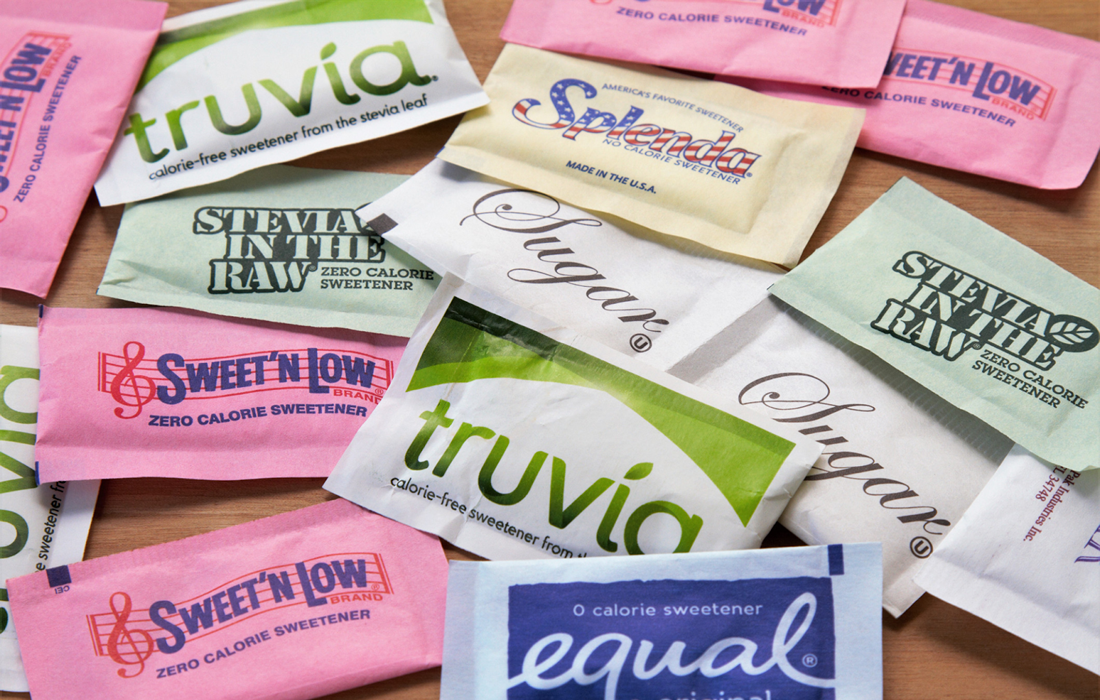Nutrition and Supplements
Artificial Sweeteners Associated with Increased Risk of Cancer
Due to the deleterious health effects of excess sugar intake, such as weight gain, cardiometabolic disorders, and dental caries, the World Health Organization recommends limiting sugar consumption to less than 10% of daily energy intake.
The food industry started to use artificial sweeteners as alternatives to reduce added sugar content and corresponding calories while maintaining sweetness. In addition, in order to increase palatability, manufacturers include artificial sweeteners in some food products that do not traditionally contain added sugar, like potato chips.
Previous evaluations by health authorities concluded that there was insufficient evidence for risk for the consumption of low and no-calorie sweeteners under established daily intakes. But recent epidemiological and experimental studies have reactivated debates on the safety of these additives.
In a recently published study, researchers found that consumption of artificial sweeteners was associated with an increased risk of cancer. The results appear in the journal Plos Medicine.
Study Development and Results
The study included 102,865 adults from the French population-based cohort NutriNet-Santé study. The researchers looked at three common sweeteners individually, aspartame, acesulfame potassium, and sucralose.
The main artificial sweetener was aspartame, contributing to 58% of intakes, followed by acesulfame-K (29%) and sucralose (10%). These 3 sweeteners were respectively consumed by 28%, 34%, and 14% of the study population.
During the study 3,358 incident cancer cases were diagnosed (among which were 982 breast, 403 prostate, and 2,023 obesity-related cancers).
The team found that artificial sweeteners, especially aspartame and acesulfame (about 15%) were associated with increased overall risk of cancer. Aspartame intake was associated with increased breast cancer (about 22%) and obesity-related cancers.
The results of the study suggest that artificial sweeteners may represent a modifiable risk factor for cancer prevention.
Source:
Charlotte Debras, et al. Artificial sweeteners and cancer risk: Results from the NutriNet-Santé population-based cohort study. Plos Medicine. 2022. https://doi.org/10.1371/journal.pmed.1003950
Image from:
https://www.health.harvard.edu/blog/artificial-sweeteners-sugar-free-but-at-what-cost-201207165030

